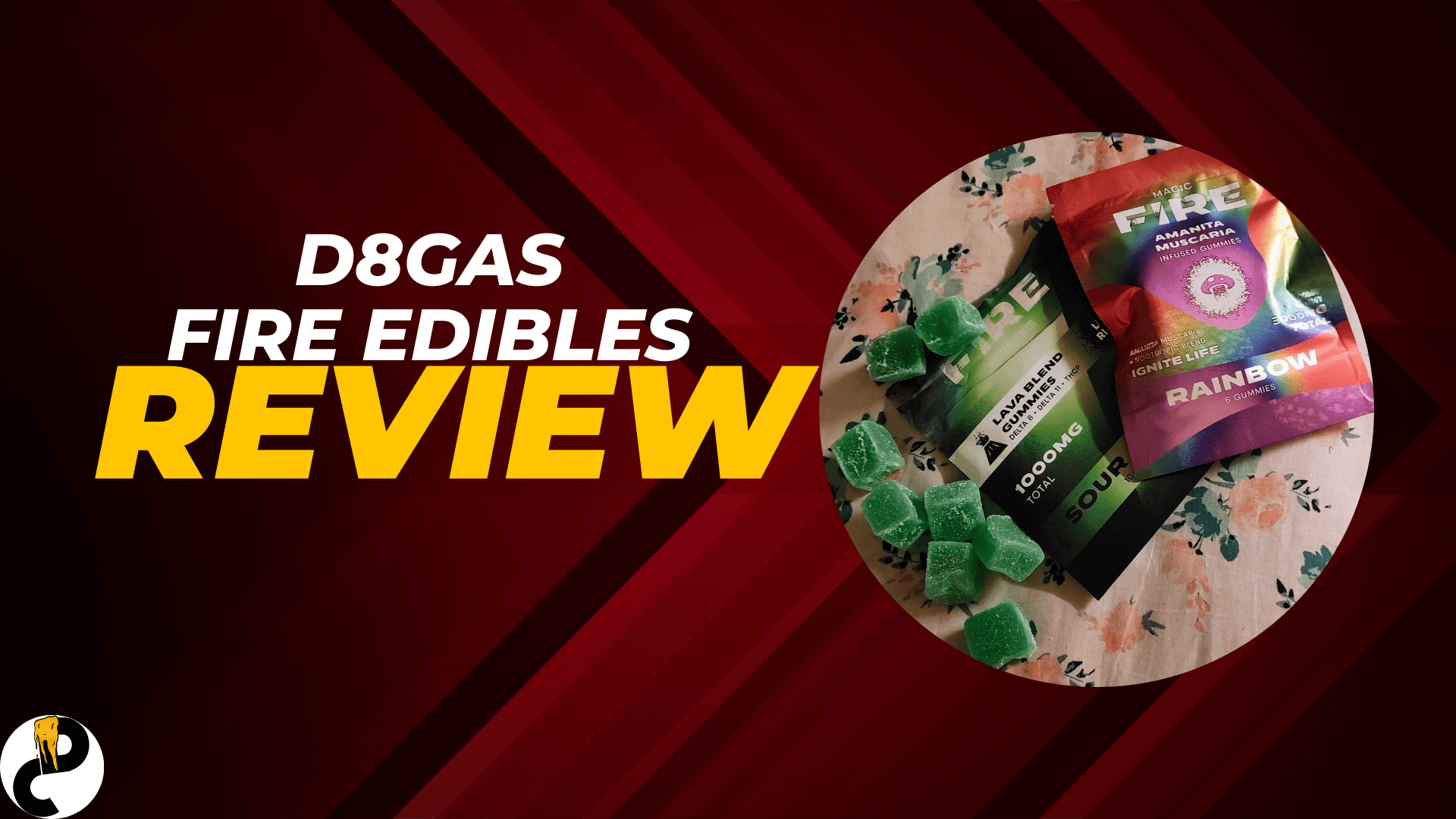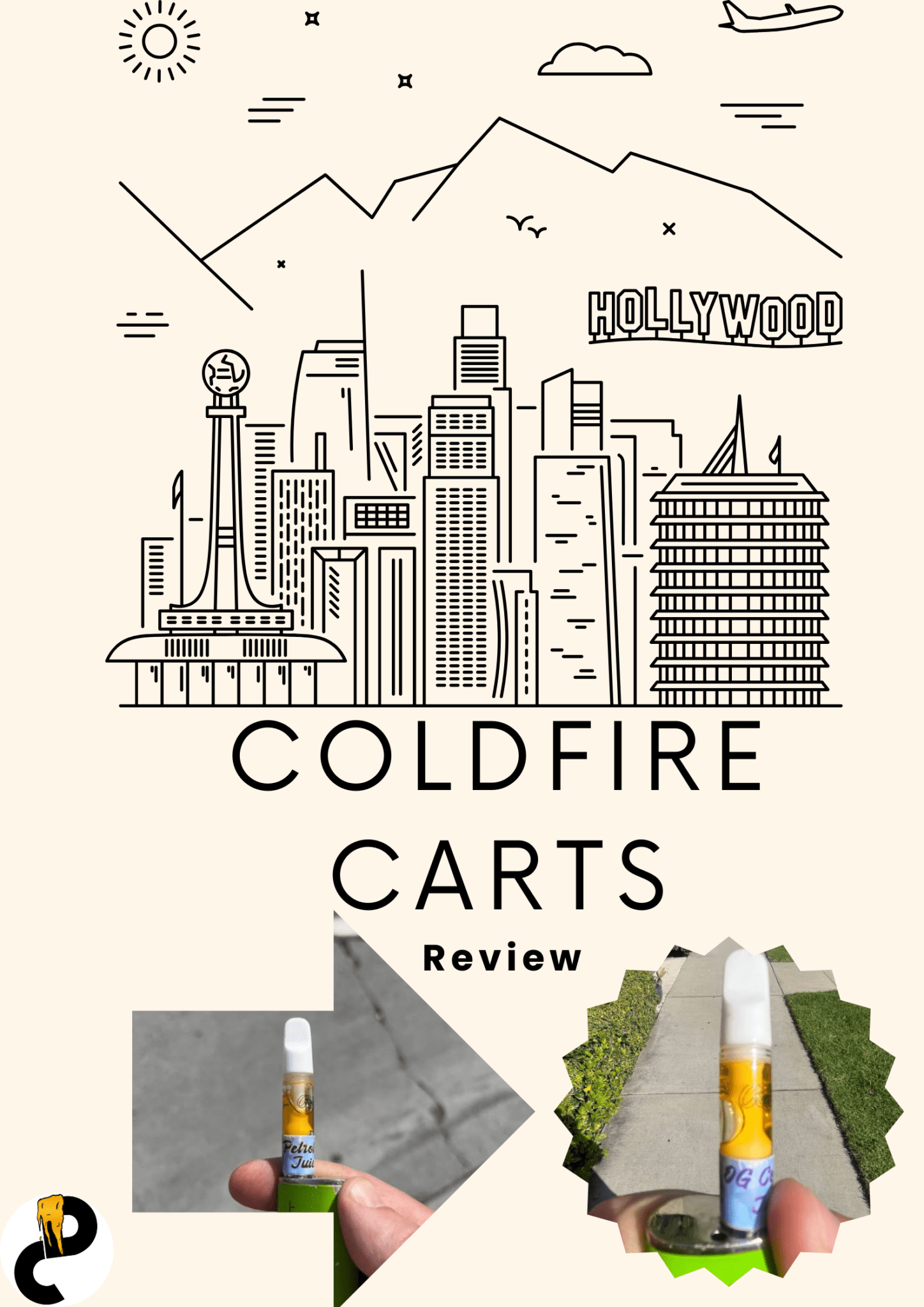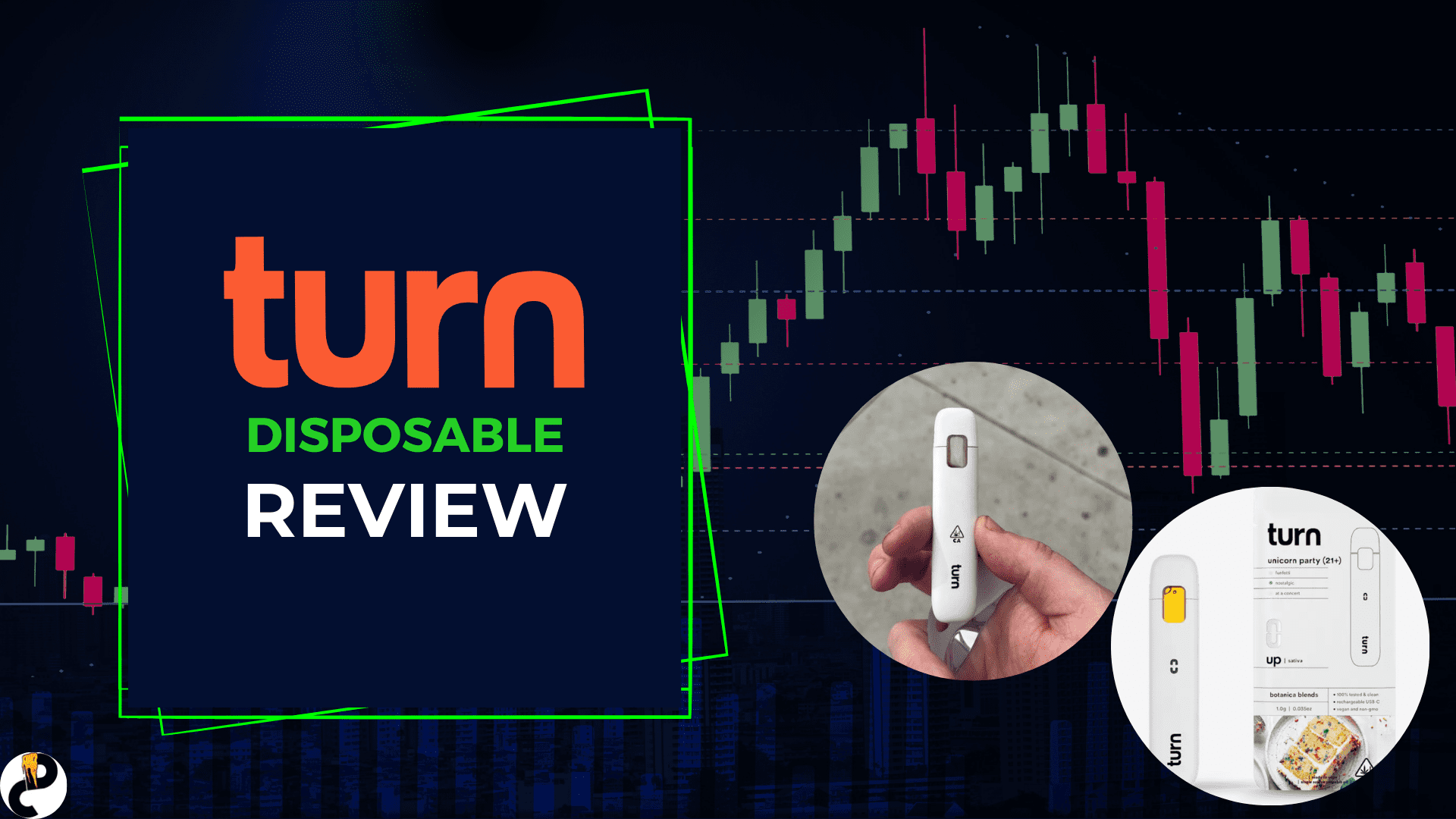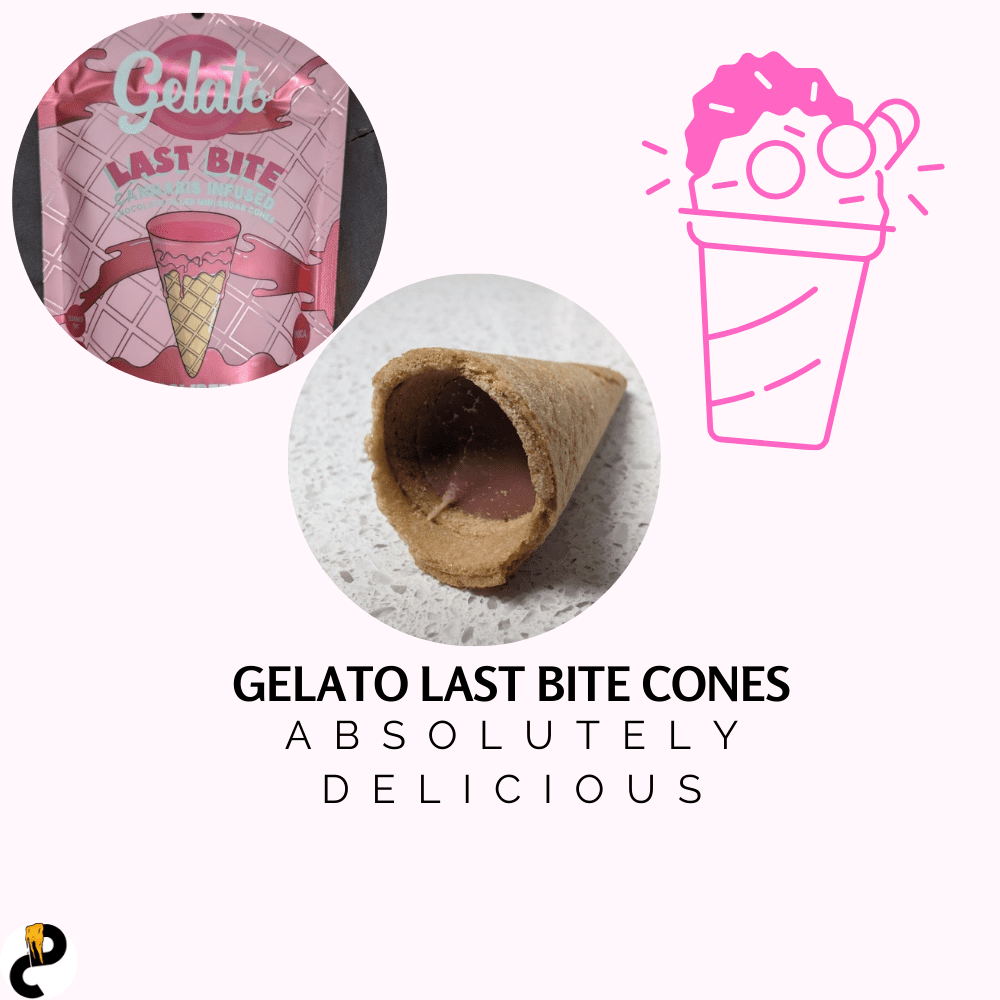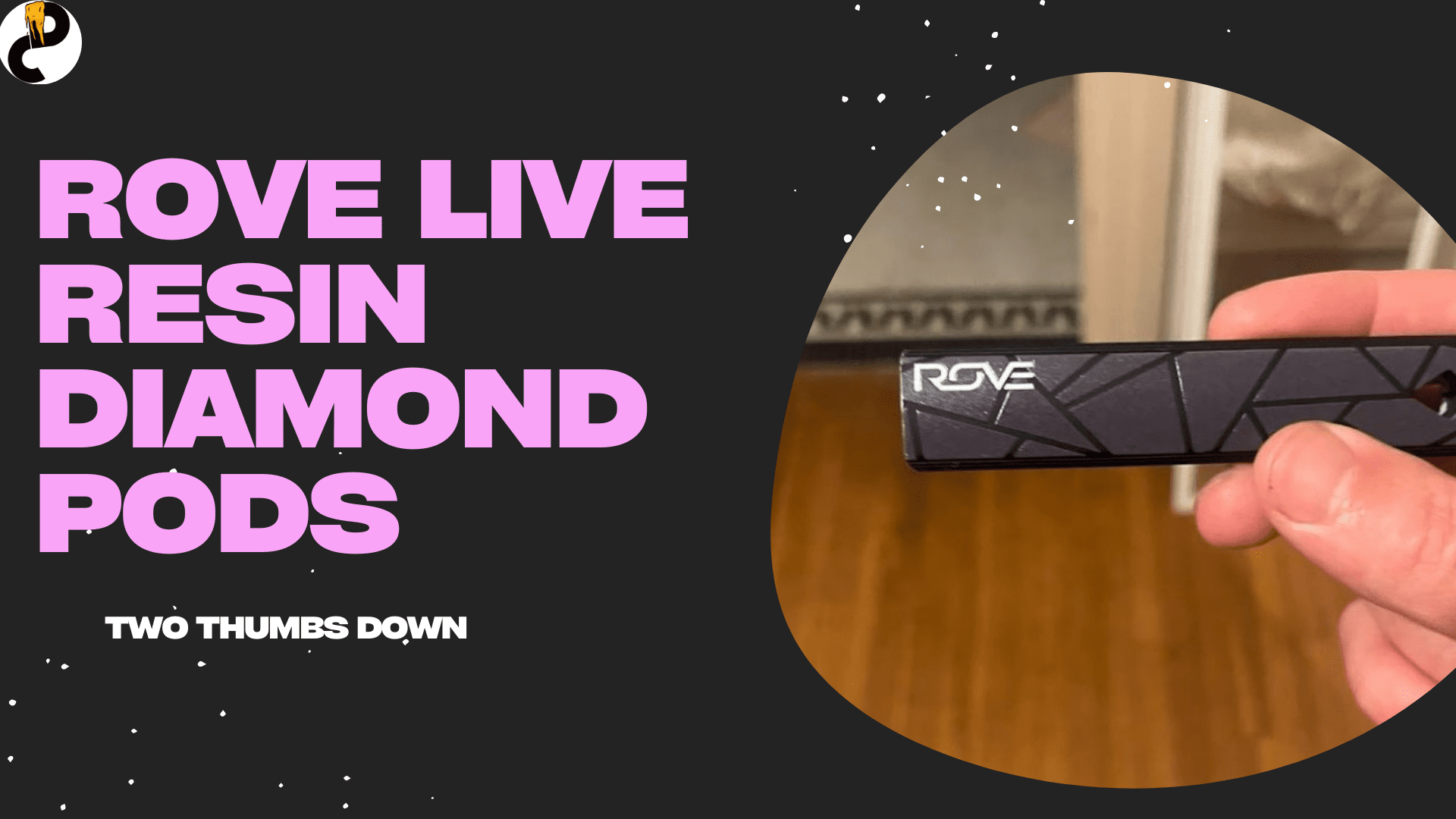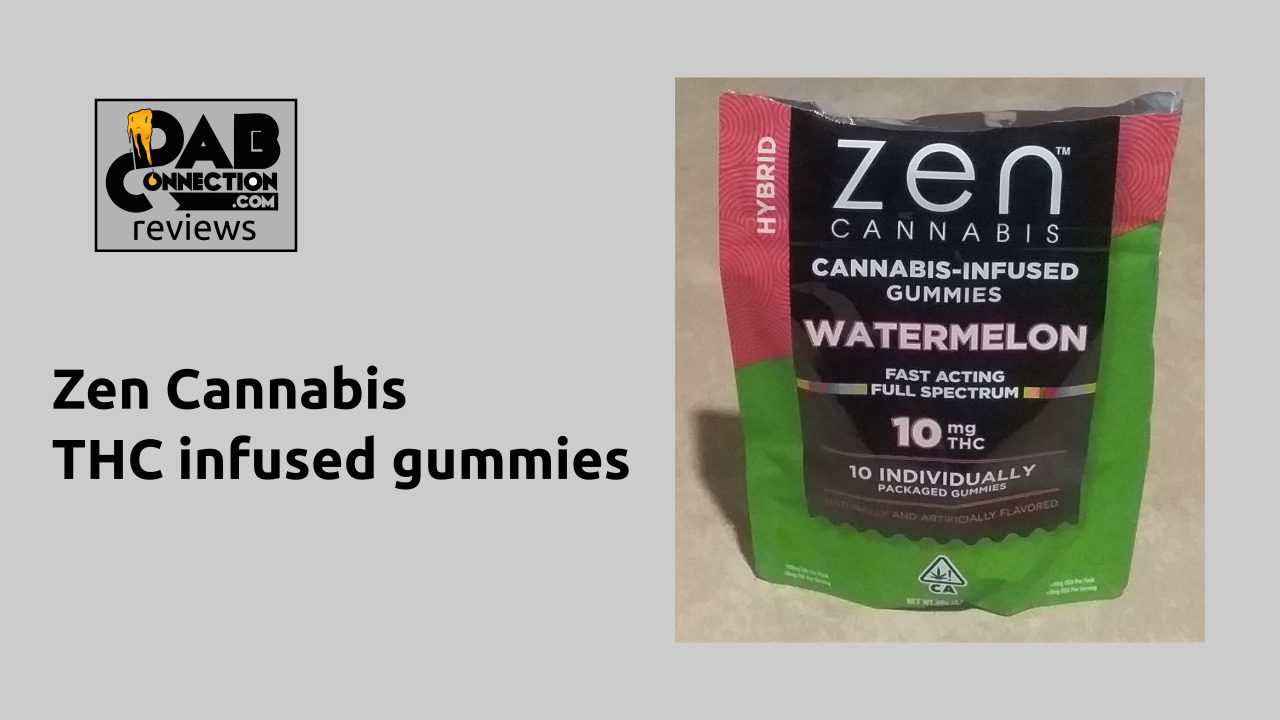Monopoly Carts Are An Obviously Unregulated Brand
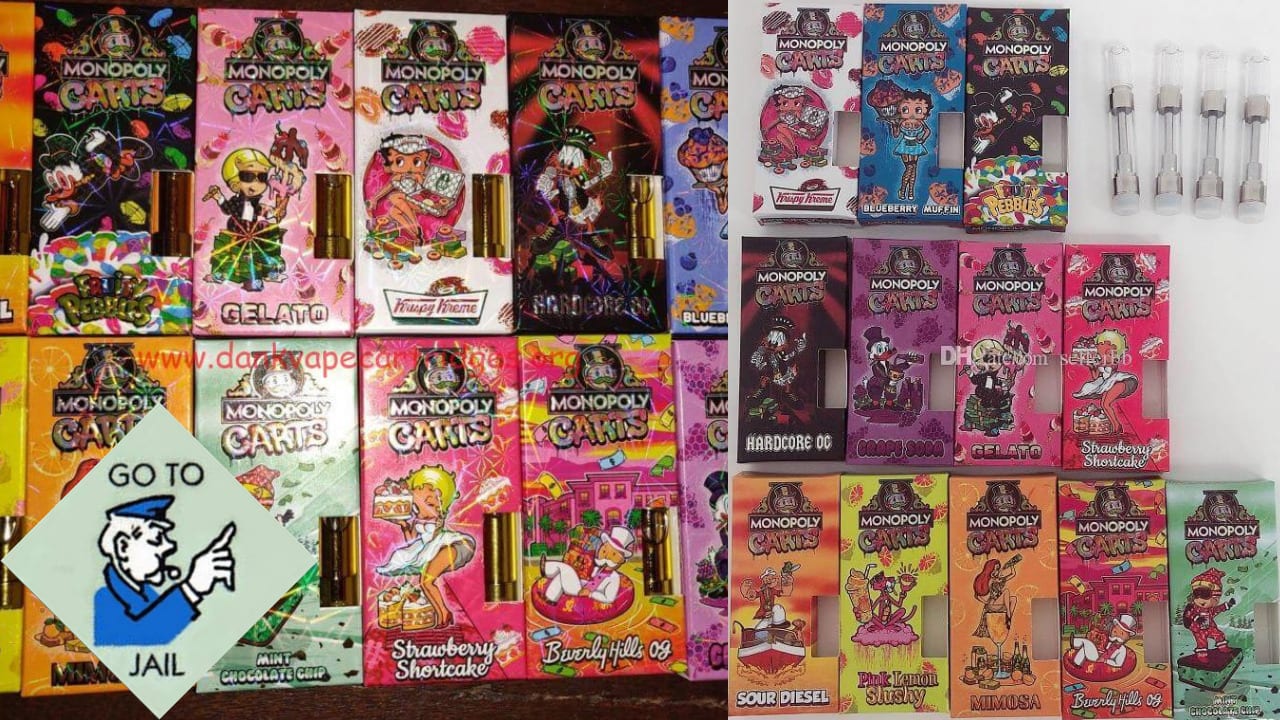
When it comes to stereotypical bogus cartridge brands, Monopoly should be so obvious as to barely be worth mentioning. The packaging is beyond ridiculous, it wantonly rips off copyrighted material from any and all sources, and it’s not offered through any legit source.
Monopoly Carts are everywhere

Pictured here, clockwise from top left: Scrooge McDuck, Richie Rich, Betty Boop, Scrooge McDuck again, Uncle Pennybags the Monopoly board game mascot, Betty Boop in Marilyn Monroe cosplay, Richie Rich again, and Jessica Rabbit from Who Framed Roger Rabbit.

Add the Pink Panther to the above cast.

Several iterations of the above, plus Popeye.

Not all Monopoly Carts copy cartoon characters. These have illustrated artwork, but what’s interesting is they seem to be using Scrooge McDuck’s portrait in Uncle Pennybags’ place in the Monopoly logo. Really, the art’s so blurry that it’s hard to tell.

A spin-off of a knock-off, “Chronopoly” has these bagged pens with blatant copyrighted artwork front and back. We’ve covered the Chronopoly carts before.

Dead giveaway of a black market brand: Photoshop skills of a 12-year-old circa 2002.

Another one: Hybrids with another black market brand, in this case, Cereal Carts.

Now for once, Betty Boop is not an example of typical street carts’ copyright infringement. That’s because Betty Boop is considered somewhat of a public domain character, at least as far as vintage artwork goes.
Monopoly is a popular board game
The tabletop board game has a history going back to 1935, originally published by Parker Brothers, and later bought up by Hasbro. It’s spawned a minor franchise and does indeed get licensed for all kinds of cross-promotional products, from McDonald’s restaurant contests to gambling slot machines. THC cartridges, however, is stretching credibility a bit.
Taking a familiar classic board game popular with families is a good example of these black market brands targeting kids, which fuels media concerns, trickles up to government officials, and causes them to think all vape products target kids and should be banned.
Recently, a lawsuit filed against nicotine vape company Juul charges that the company targets kids. That may be here nor there, but knock-off cartridges exist for Juul and any vape brand. If it’s that difficult to tell counterfeits from real brands, then one can imagine the confusion caused in a jury charged with deciding if a company is actually targeting kids, or if ancillary products produced on the black market that claim to speak for the company are the culprit.
Empty Monopoly Carts are for sale online
The obligatory DHGate and Alibaba go without saying. But you know it’s really bad when it shows up on Amazon.

…that link, by the way, is now taken down! Somebody at Amazon finally noticed.
Reports have been posted on sites like these, with one user complaining of trouble breathing, headaches, and chills. We hope that guy got to a hospital, in light of recent news.
Vaping unregulated carts are gambling with your life!
We’ve seen this black market cart phenomenon go on for years now, and yet they keep happening, so they must be making money somehow. This means that a whole lot of you out there are breaking the first rule of Vape Club: “Don’t inhale anything obtained from anywhere but a licensed dispensary.”
The dangers of street THC vape carts are of course that the oil could contain anything at all. The recent headline news about deaths and hospitalizations from lung injuries has raised awareness about this story, of which we are proud to have been one of the earliest reporters. More recently, the CDC has concluded that vitamin E acetate, a common illicit vape cart additive, is indeed the chief cause of these lung injuries.
The lung disease from vaping is now known by the acronym EVALI, for “e-Cigarette / Vaping Associated Lung Injury” or sometimes VAPI, for “Vaping Associated Pulmonary Injury.” As of 11/5/29, there were over 2K cases of VAPI reported across the US, with 39 confirmed deaths.
The age range for VAPI cases is 13-75 years, with nearly 80% of cases striking individuals who are lower than age 35. The deaths have ranged as young as age 17.
Find licenses in your state! (or why they don’t exist in your state)
We’ve recently gone to extensive trouble to track down every US state’s cannabis policy, regulating agency, and list of licensed facilities where applicable in the Cannabis License Directory. We compiled this list to answer your questions:
-
“Where can I fill this medical marijuana prescription?”
-
“Is this shop legit?”
-
“Is this cartridge licensed in this state?”
-
“Are the CBD shops in my town legal?”
-
“What is the official cannabis policy in my state? (And who do I yell at about it?)”
We do this to make it easier for all of you to follow our advice about only trusting licensed facilities. Also, we understand that not everybody lives in a legal state, but very soon it’s going to come down to where a legal cartridge is available to anyone with only a few hours’ drive. If you want things to change in your state, vote with your feet and your wallet.
Seen a Monopoly cart in the wild? Tell us your story!
We’re always happy to hear the word on the street. Share your experience here or advance your token to our forums.

